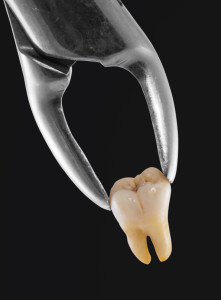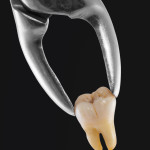 If you are dealing with an infected tooth, it’s very important to act quickly. The longer you wait to address it, the more damage can be done to your teeth and gums. But when is it the right time to pull an infected tooth?
If you are dealing with an infected tooth, it’s very important to act quickly. The longer you wait to address it, the more damage can be done to your teeth and gums. But when is it the right time to pull an infected tooth?
If you have an infected tooth that has been bothering you and you are eager to see it go, you may wonder, once you have scheduled an appointment, will the dentist pull your tooth on the first visit or will it have to wait until a second one?
Will a Dentist Pull a Tooth on the First Visit?
A dentist can pull a tooth that’s infected during the first appointment, but it’s highly unlikely for him or her to actually do it. In most cases, a consultation is necessary for a variety of reasons that you need to know about.
The consultation allows the dentist to determine what type of extraction is required, whether there’s actually an infection present, and whether the procedure requires anesthesia. X-rays will also be needed to get a closer look at your teeth and jaw.
You will then be booked for the procedure after the consultation. If you are experiencing a dental emergency in Baltimore, the dentist will likely book you as soon as possible. Many dental offices allow for emergency appointments after hours for urgent cases.
Final Thoughts
The reality is that while all dentists can perform emergency tooth extractions, they will hardly ever pull a tooth on the first visit. To reduce your risk of developing an infection that may require emergency treatment, you need to take proper care of your teeth.
Proper oral care includes maintaining good oral hygiene, avoiding substances likely to damage your teeth, and having regular dental checkups every 6 months. If you visit the dentist regularly, the signs of infection can be identified in the early stages and addressed before significant damage occurs.


 The best way to avoid emergency dental appointments is to practice good dental hygiene and always remember to schedule and keep those routine checkups and teeth cleanings at least twice a year.
The best way to avoid emergency dental appointments is to practice good dental hygiene and always remember to schedule and keep those routine checkups and teeth cleanings at least twice a year. While many people feel embarrassed or ashamed when they get the news that they need to get a tooth pulled, they really shouldn’t.
While many people feel embarrassed or ashamed when they get the news that they need to get a tooth pulled, they really shouldn’t.